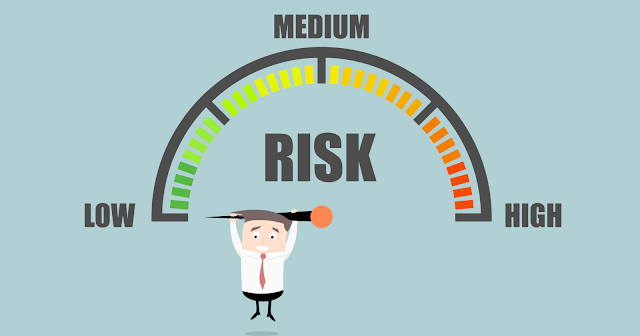Overview
Lots of people wonder how Google SERP rankings work & what are the SEO risk factors to be considered, for website optimization. SEO stands for search engine optimization, & the purpose of this is to track and monitor the amount of traffic a website gets from its users.
While using SEO ensures that a website is friendly to search engines which in turn help generates organic search traffic, creating more awareness of customers online and encouraging greater profits.
Google, Bing, and Yahoo are the search engines people use to gather information and data on their competitors, so they can decide what strategies they can use to compete with their competitors. Here, visibility is an essential factor when searchers look for search engines searchers are looking for sites in the sense of niche-oriented content quality liaising with google content guidelines.
Discussion
Indeed, SEO requirements keep changing, and it can be hard to keep up with the latest developments. Without SEO, searchers won’t be able to find your site, and all your hard work will be for nothing; moreover, well-optimized sites get more and more traffic over time, & which means more leads and sales.
Risks In Search Engine Optimization
- Strategy and plan lacking: With the short-term tactics and longer-term expectations on ROI; it will likely change based on the need for additional content, rounds of optimization, and changes with search engine algorithms.
- Search Engine Equity: There is no guarantee for results even if the business is on first-page ranking on a search engine; every website is equal in the observation of the search engine algorithm.
- Dicy Probabilities: There is no control over how much traffic will be generated and the type of traffic generated by using SEO (Google updates can cause new changes; penalizing the possible SEO efforts impacting the website's authority.)








0 Comments